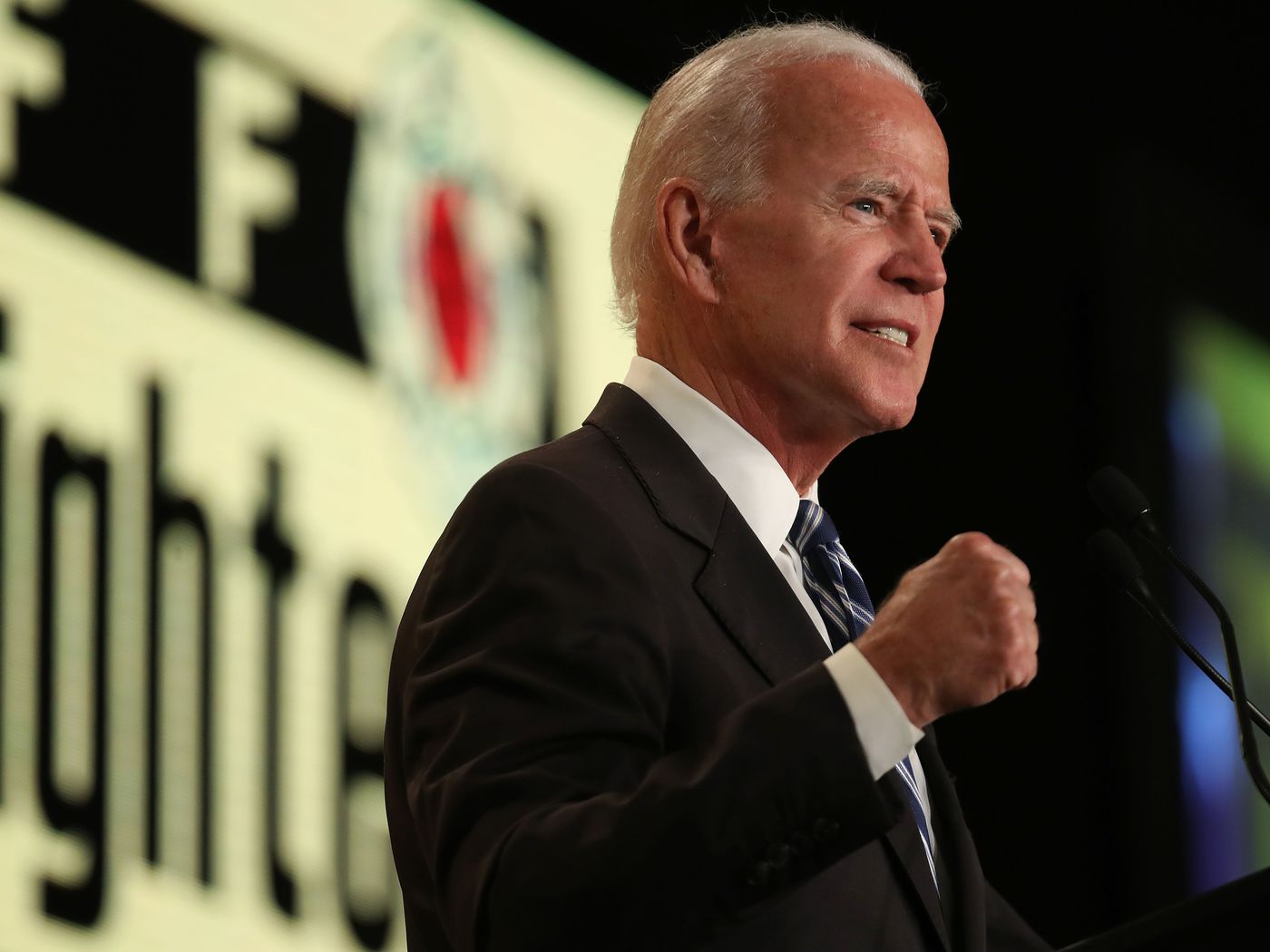
As Joe Biden gears up for a likely presidential run, CNN reports that he is considering “the early selection of a running mate, which one aide said would help keep the focus of the primary fight on the ultimate goal of unseating Trump.”
That makes some sense as a campaign gimmick, but on the merits, it makes very little sense.
The selection of a vice president is one of the most substantively important decisions a president makes. You want to draw from the broadest possible talent pool, and making the selection early is antithetical to that on a whole number of levels — most importantly because a lot of key talent won’t necessarily be willing to embrace your cause so early. (Including the rest of the field running for the nomination.)
Locking yourself into the relatively narrow category of “politicians who are willing to make an early Joe Biden endorsement” ends up excluding a huge number of people, could prove tactically disadvantageous during a general election, and would be a blown opportunity to improve governance if Biden won.
Joe Biden’s plan would have made his vice presidency impossible
One good way for Joe Biden to think about this would be to consider how it was that he came to be vice president.
Biden probably thinks his selection was a pretty shrewd decision on Barack Obama’s part. It brought to the table a contrasting campaign style that was better-calculated than Obama’s personal story to appeal to a crucial bloc of white working-class Northerners. But it also offered assurances to the party’s veteran congressional barons that Obama’s operation was legit. Last, Biden was a better-known figure than Obama to the international community — providing a reassuring signal to allies around the world.
The Biden pick was so strong, in fact, that both Paul Ryan’s selection in 2012 and Mike Pence’s in 2016 followed the same basic template — add a Midwesterner with strong ties to the congressional party for both electioneering and governance purposes.
And in an important sense, adding Biden to the ticket earlier could have helped Obama beat Hillary Clinton in the 2008 primary for many of the same reasons that he was a good general election pick. But Obama couldn’t have picked Biden early because Biden was running for president too. And even once Biden dropped out, he wasn’t prepared to immediately back Obama over Hillary Clinton for the nomination. And, indeed, the fact that Biden wasn’t squarely in Obama’s corner from day one was part of what made him a good pick, helping to expand his coalition beyond what it could have been at an earlier time.
Many of Biden’s best options are off the table for now
There are times when this kind of consideration might not be decisive.
Clinton had such overwhelming party support in 2016 that she could have chosen from essentially the entire field of people she was willing to consider early in the process.
But the supersize 2020 primary field is essentially the opposite of that. Someone like Beto O’Rourke, whose charisma and campaign skills are a key rationale for his candidacy, would be a very live possibility as a Biden VP choice were Biden to secure the nomination. So would Sens. Kamala Harris (D-CA) and Amy Klobuchar (D-MN), who are currently running for the nomination themselves. Biden also might want to reconsider Clinton’s approach to the Bernie wing of the party and consider a unity pick like Rep. Ro Khanna (D-CA), who’s one of Sanders’s national campaign co-chairs. Other potentially appealing options like Sen. Catherine Cortez Masto (D-NV) likely won’t want to endorse anyone at all.
Generally, part of what presidents often try to accomplish with a VP selection is to get someone who isn’t a natural supporter of theirs in order to broaden the coalition — something that will be extremely hard for anyone to pull off in the current crowded primary field.
Taking the standard tack of deferring any running mate selection until Biden hypothetically wrapped up the nomination would, of course, be boring. And the desire to make a big splash is understandable especially because, as best we can tell, Biden’s policy agenda is not especially flashy. That said, sometimes standard boring conduct becomes standard and boring because it is the correct way to proceed.
Read more




